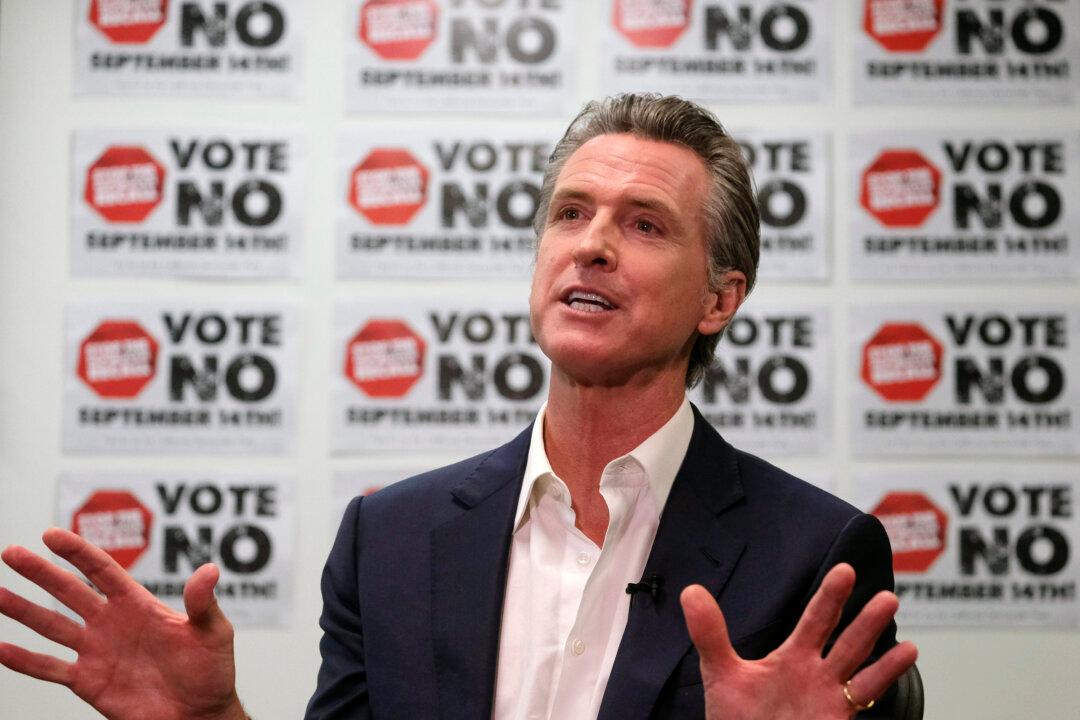Commentary
“If it ain’t broke, don’t fix it,” is an old American saying. That’s why efforts to “reform” the California recall process are mistaken.

“If it ain’t broke, don’t fix it,” is an old American saying. That’s why efforts to “reform” the California recall process are mistaken.